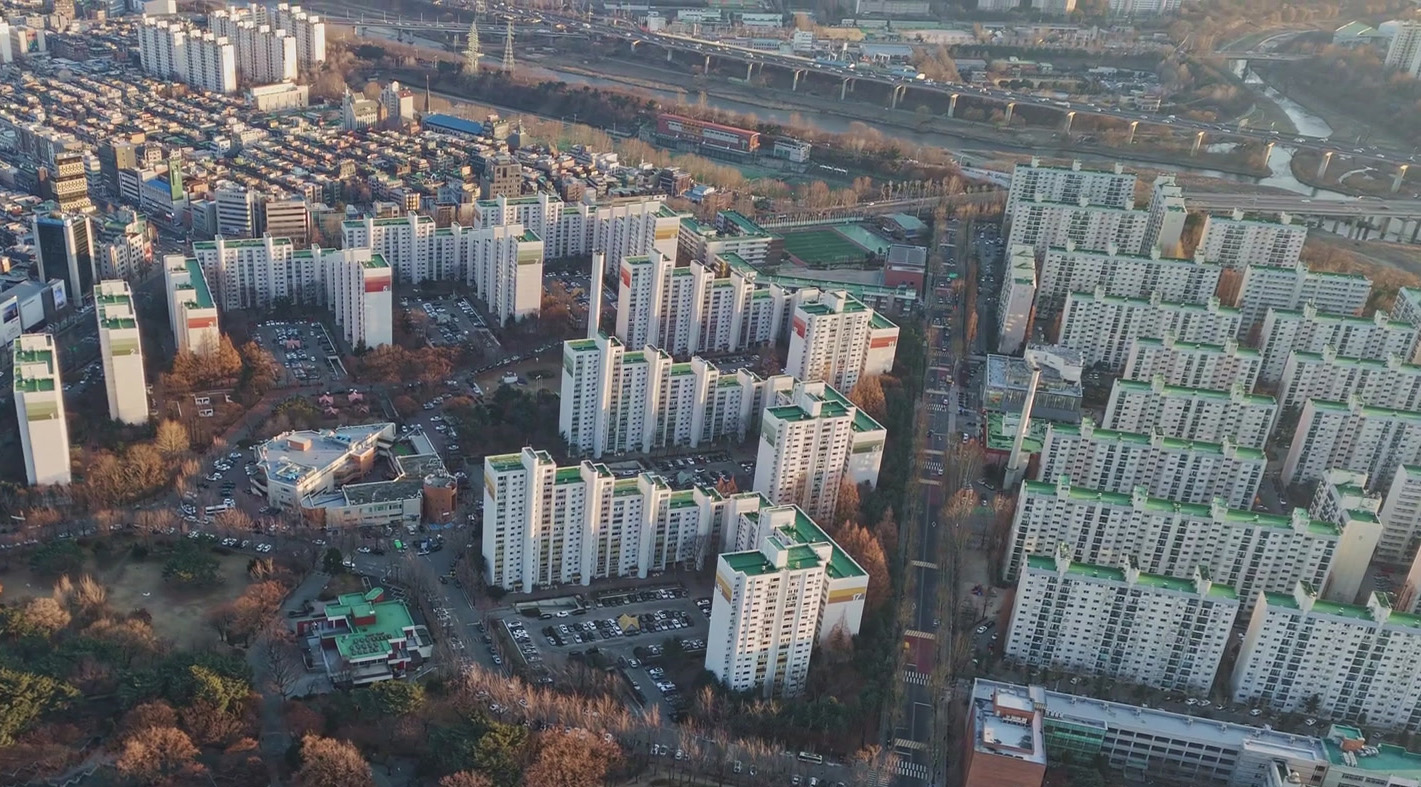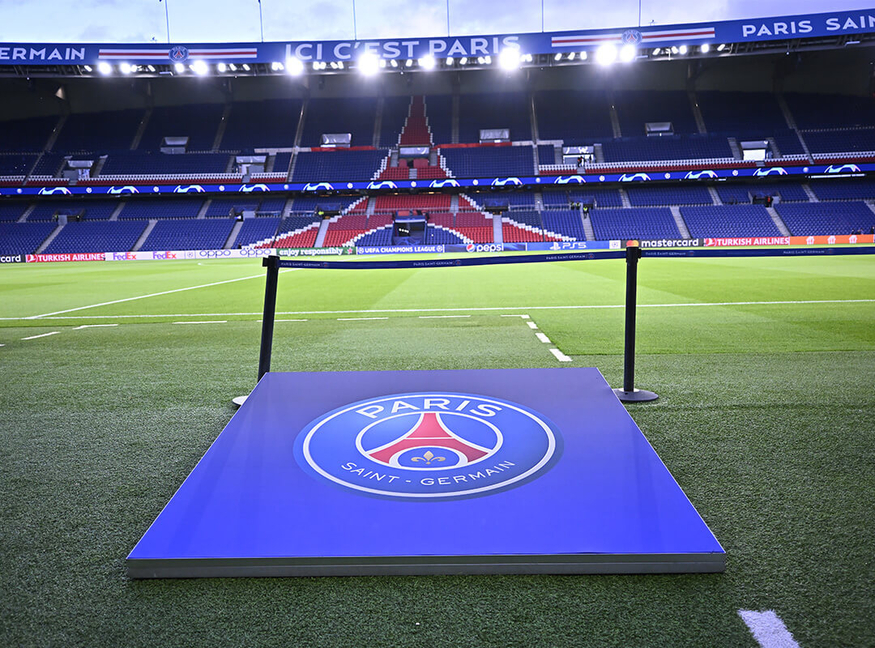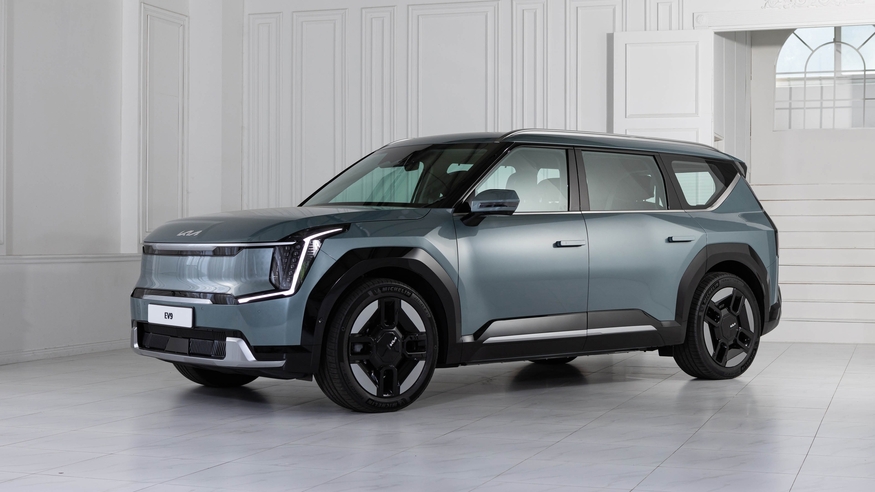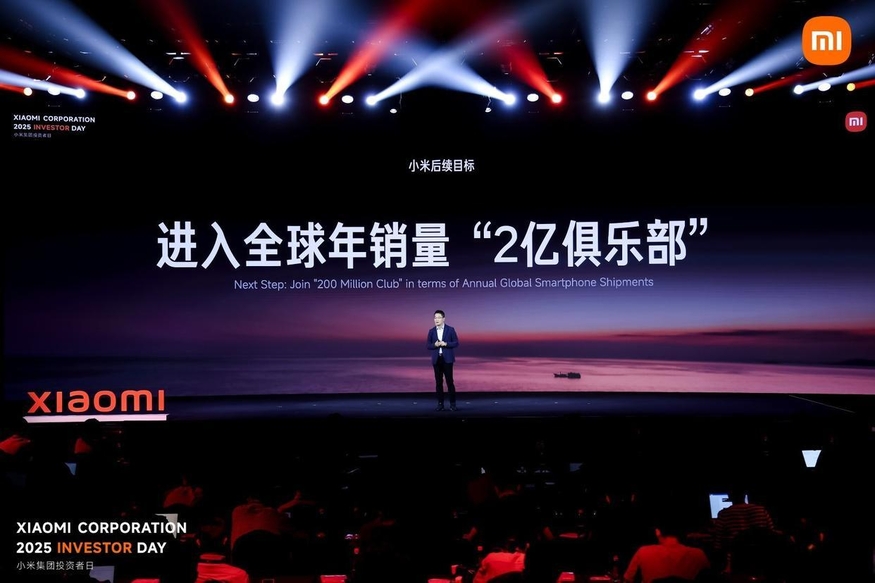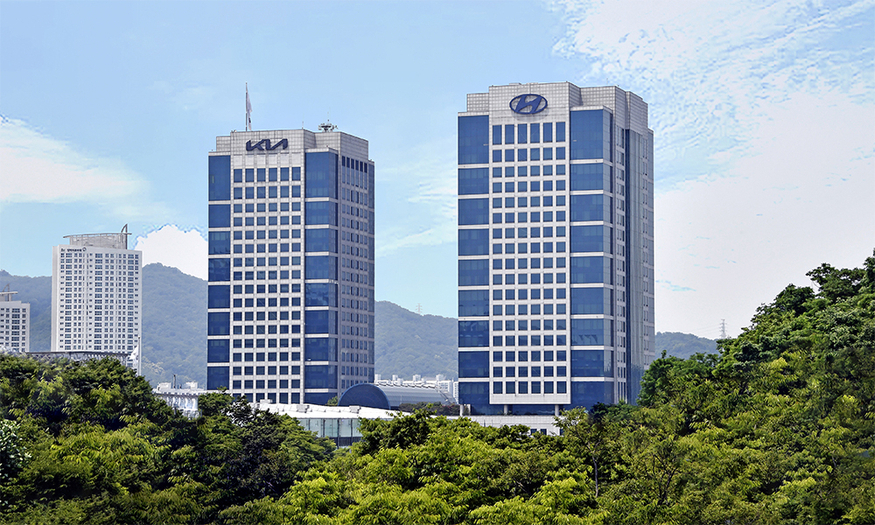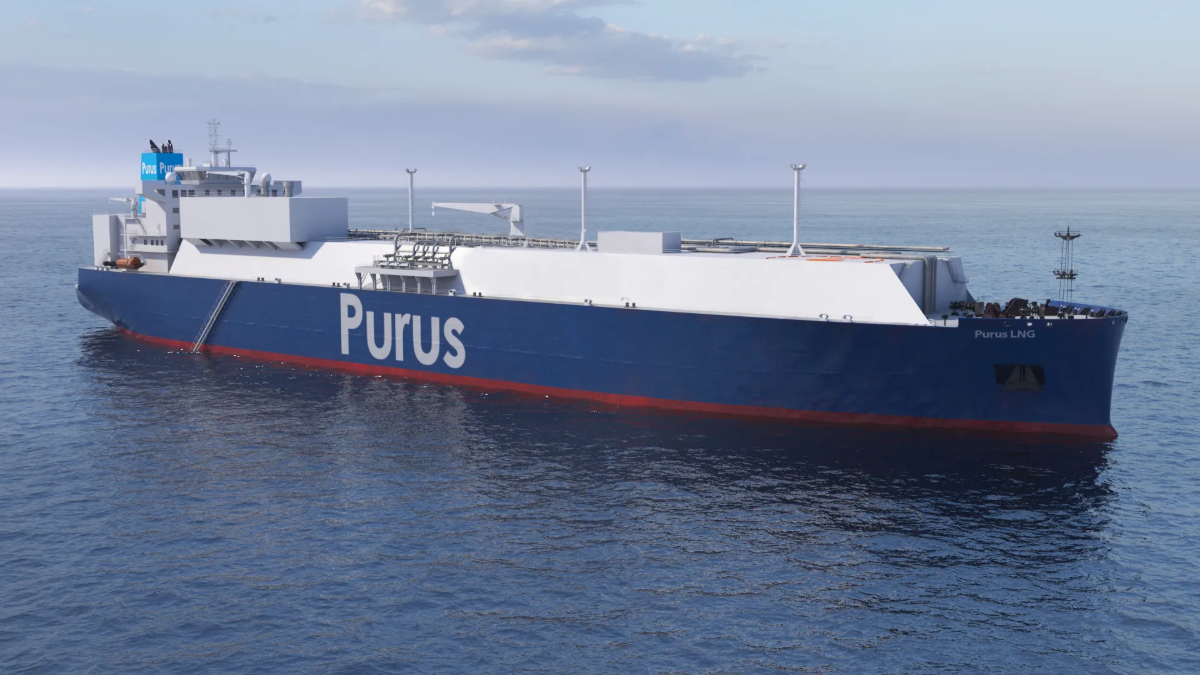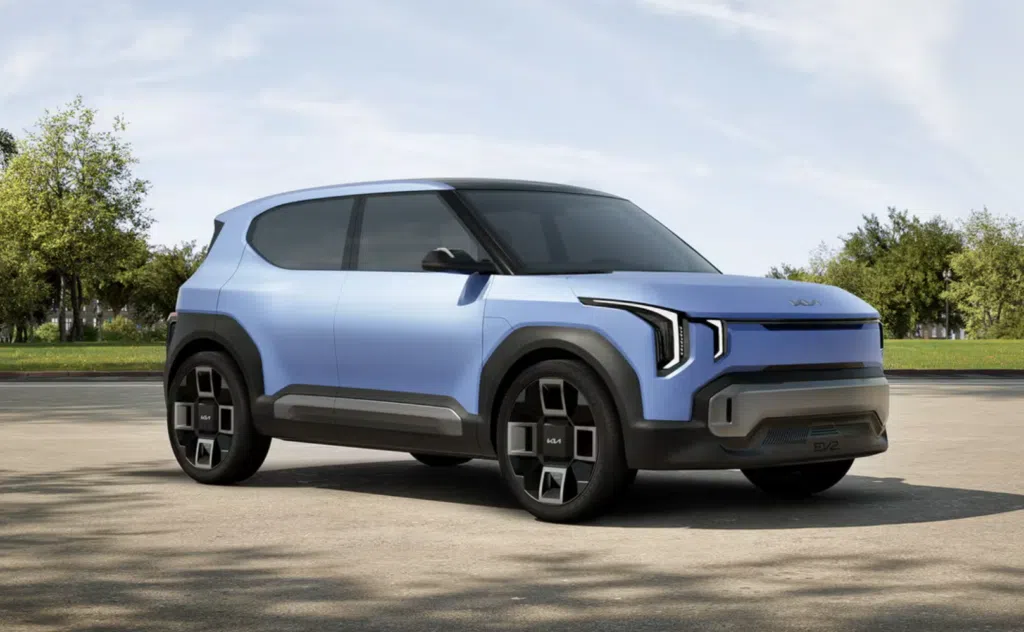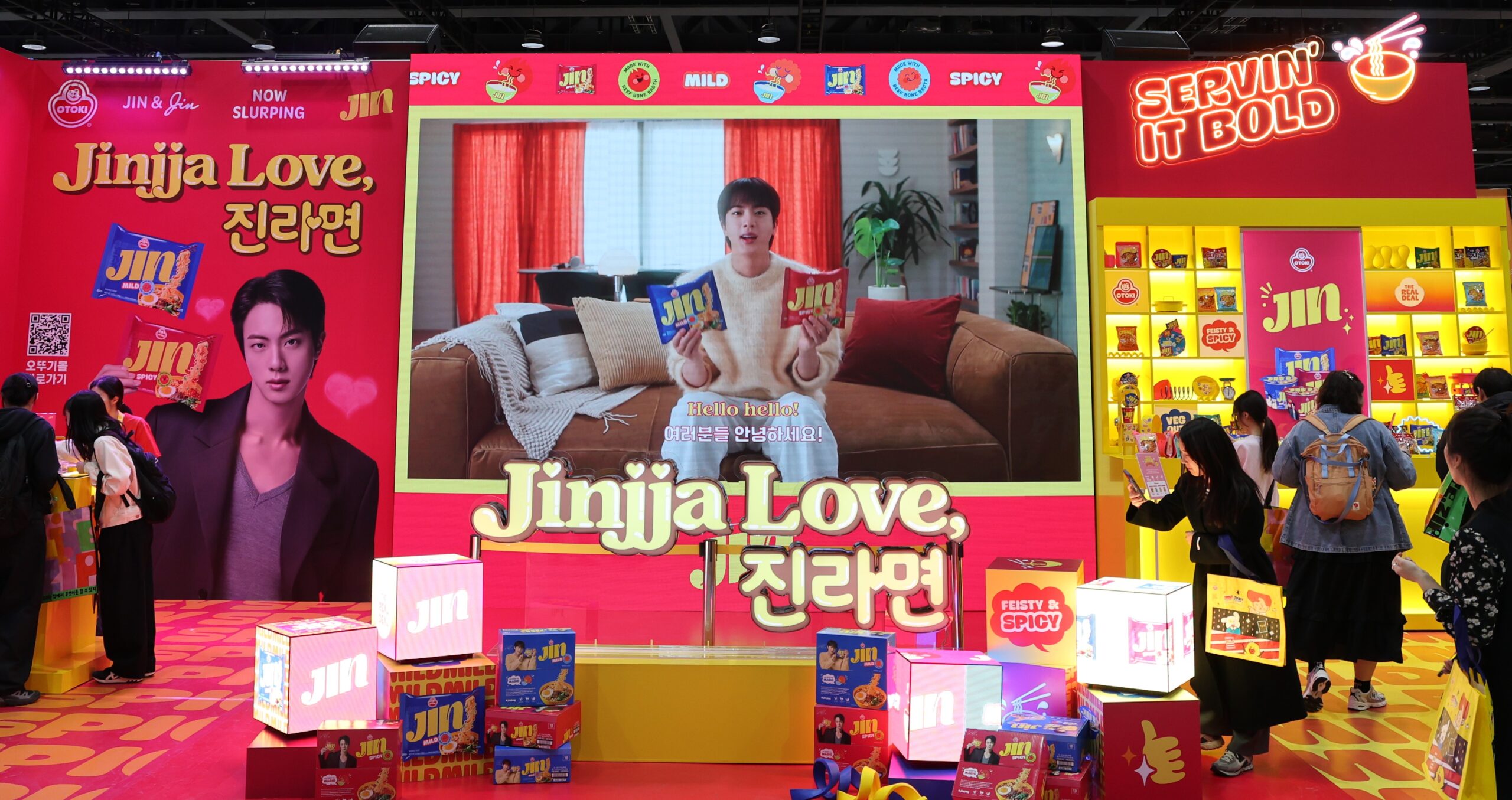- Hyundai’s bid to align with the incoming administration could shape the future of its U.S. operations.

As President-elect Donald Trump prepares to take office, Hyundai Motor Group is making a strategic push to ensure its voice is heard in Washington. Chairman Euisun Chung is reportedly seeking opportunities to meet with Trump to address the potential impact of his administration’s trade and energy policies on the South Korean automaker’s operations in the U.S.
Why It Matters
Trump has signaled plans to eliminate electric vehicle (EV) subsidies and implement sweeping universal tariffs on imports. Both moves could have profound implications for automakers like Hyundai, which rely on a combination of domestic production and imported components to sustain their competitiveness in the U.S. market.
Hyundai’s approach underscores a larger trend: international corporations are adapting to a U.S. political landscape that increasingly prioritizes domestic investment and protectionism.
Hyundai’s Playbook: Investment and Diplomacy
Sources close to the matter reveal that Hyundai Motor Group has already committed $1 million to Trump’s inaugural committee. This contribution secures the company access to high-profile events, including a candlelight dinner at Trump’s Mar-a-Lago estate on January 19. While a formal meeting between Chung and Trump isn’t on the schedule, insiders suggest Hyundai is working to ensure at least a brief interaction during the event.
The company is also leveraging the expertise of Seong Kim, a former U.S. diplomat and Hyundai’s current head of external affairs. Known for his deep understanding of international relations, Kim is reportedly leading efforts to arrange a private meeting between Chung and Trump after the inauguration.
The Stakes: Tariffs, EVs, and U.S. Manufacturing
For Hyundai, the stakes are high. Trump’s proposed policies could directly impact the company’s ability to compete in the U.S. market. Key issues on Hyundai’s agenda include:
- Universal Tariffs: Hyundai plans to advocate for exceptions on South Korean vehicles and components, arguing that the company’s U.S.-based investments warrant more targeted trade policies.
- EV Subsidies: As one of the global leaders in electric vehicles, Hyundai is expected to push for the continuation of federal incentives to support the EV market’s growth.
- U.S. Investment: Hyundai’s potential plans to build a steel mill in the U.S. could serve as a critical bargaining chip in discussions with the Trump administration.
“Hyundai recognizes the importance of aligning with the ‘America First’ agenda, and its recent investments demonstrate a commitment to U.S. manufacturing and job creation,” said an industry insider familiar with the matter.
Corporate Power Plays
Hyundai is not alone in its efforts. Other global giants, including Boeing, Google, Microsoft, and Amazon, have also contributed to Trump’s inaugural fund, signaling the high stakes for businesses under the new administration. In the auto industry, Ford, General Motors, and Toyota have similarly positioned themselves to engage with Trump’s team.
What’s Next?
If Hyundai succeeds in securing a meeting, Chairman Chung is expected to present the company’s vision for expanding its U.S. footprint, including plans for EV production and infrastructure. This move could not only bolster Hyundai’s standing with the new administration but also shape the trajectory of its U.S. operations in the years to come.
As Trump’s policies take shape, Hyundai’s strategy highlights the delicate balancing act faced by global automakers: navigating a protectionist U.S. market while maintaining their global competitiveness.


